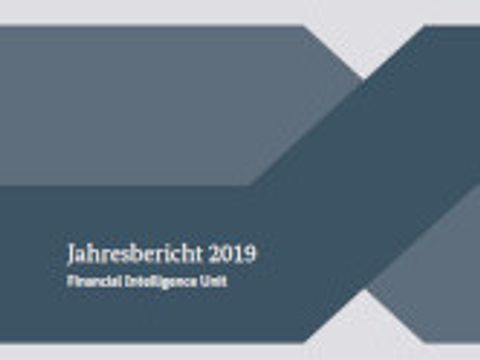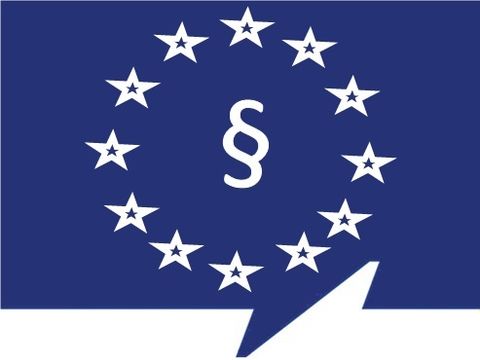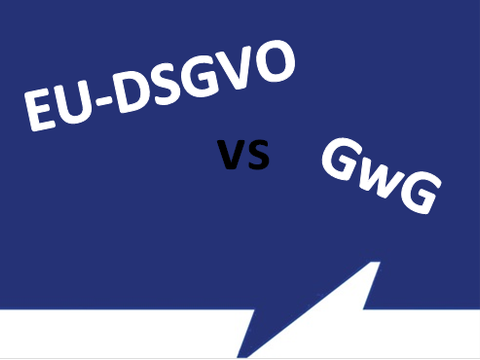Berlin as the federal capital stands out by being home to 159 embassies.[1] Ambassadors are considered politically exposed persons (PeP), as they hold high-level public posts at an international level (§ 1 subsection 12 no. 7 GwG). This is why it is more likely in Berlin than in other places that a customer is a PeP, a family member of a PeP or a person that is known to have close links to a PeP. It was found on the European level that politically exposed persons have an increased risk of becoming the target of attempted corruption. To counteract the risk of corruption, obliged entities according to the GwG must fulfil stricter due diligence requirements when dealing with
PeP.
It must always be checked, if a natural person has the status of a PeP. This must be clarified before establishing a business relationship or carrying out a transaction.
How can I identify if a customer has PeP status?
There are a range of different measures for identifying PeP status:
- If a low or moderate risk is to be assumed, you can seek confirmation that your customer does not perform a political function and is not close to a PeP, simply by asking them. The enquiry must be documented in your paperwork.
- Another option is to use a PeP database. This is appropriate in the case of a moderate to high risk.
If the customer actively tells you that they are not a PeP, you are still required as an obliged entity to take adequate measures, if you have any information to the contrary. This could be the case if you have identified the customer as a PeP or if you suspect them to have close links to a PeP.
If it turns out that your customer is actually a PeP, a family member of a PeP or a person that is known to have close links to a PeP, the enhanced due diligence requirements (§ 15 subsection 3 no. 1 GwG) apply, in addition to the general due diligence requirements provided for in the GwG.
What exactly does this mean in practice?
At least the following enhanced due diligence requirements must be fulfilled:
- Approval from a member of the management (provided that there is a management level) is required to establish or continue a business relationship.
- Adequate measures must be taken to determine the origin of the assets that may be used in the context of the business relationship or the transaction.
- The business relationship must be monitored more carefully and on an ongoing basis. This is necessary to rule out that any corrupt or criminal activities are the source of the funds used.
Documents such as certificates, diplomats’ identity cards or accreditation cards for the country of residence can be used in the context of such measures and must be monitored regularly and continuously. Documents such as VAT or income tax returns, salary statements, independent media reports etc. can provide an insight into the source of funds. In addition to gathering general data, the reputation of the customer, current and past business activities, as well as family members and business partners should be taken into account.
Further information is available on our dedicated page about due diligence requirements.
fn1. Regional offices of embassies in Bonn and Madagascar’s embassy in Falkensee are not taken into account.

 German Sign language
German Sign language Plain language
Plain language






